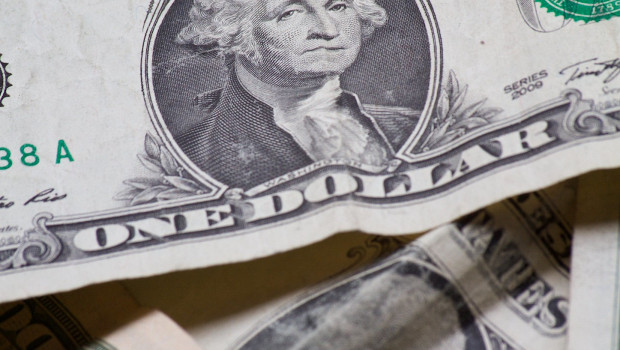US close: Stocks mixed as reopening plays lift Dow Jones

Wall Street stocks put on a mixed performance on Monday as new Covid-19 cases continued to decline across the US and Treasury yields increased.
At the close, the Dow Jones Industrial Average was up 0.21% at 34,869.37, while the S&P 500 was 0.28% softer at 4,443.11 and the Nasdaq Composite saw out the session 0.52% weaker at 14,969.97.
The Dow closed 71.37 points higher on Monday, extending gains recorded in the final session of a week full of fears linked to the debt crisis of Chinese real estate giant Evergrande and the Federal Reserve's signalling of a rollback in monetary stimulus.
Reopening plays were in the green early on as US Covid cases continued to fall, with 120,000 new cases, on average, over the last seven days, down from a weekly average of roughly 166,000 cases at the peak of the latest wave, according to the Centers for Disease Control and Prevention.
Going the other way, tech stocks were trading lower as a result of investors rotating out of higher valuation shares amid an increase in yields as the benchmark 10-year Treasury note briefly topped 1.5%, its highest point since June.
Market participants also had a keen eye focussed on Washington, with fears of a possible government shutdown as lawmakers attempt to agree on a budget, the potential for the US' first debt default, and a likely delay to the vote on Joe Biden's $1.0trn bipartisan economic bill.
On the macro front, orders for appliances, computers, cars, and other durable goods increased in August, up 1.8% to a seasonally adjusted $263.5bn in August, according to the Commerce Department, marking the biggest increase since May and well ahead of the 0.6% expected by economists.
Also in data news, the Dallas Fed's September manufacturing index revealed Texas factory activity continued to increase, with the production index, a key measure of state manufacturing conditions, rising three points to 24.2 - well above average and indicative of solid output growth.
Elsewhere, Federal Reserve Bank of Chicago head Charles Evans said the central bank needs to keep monetary policy easy in order to raise the public's inflation expectations despite a bout of inflationary pressures from supply-chain disruptions fading.
"I do not think the supply-side-induced transitory surge in inflation we are seeing today will be enough to do the trick," he said. "I expect that we will need a period of sustained, monetary-policy-induced overshooting of 2.0% inflation to boost long-run inflation expectations enough to deliver on our mandated goals."
No major corporate earnings were released on Monday.